Home>diy>Building & Construction>What Does A Super Do In An Apartment Building
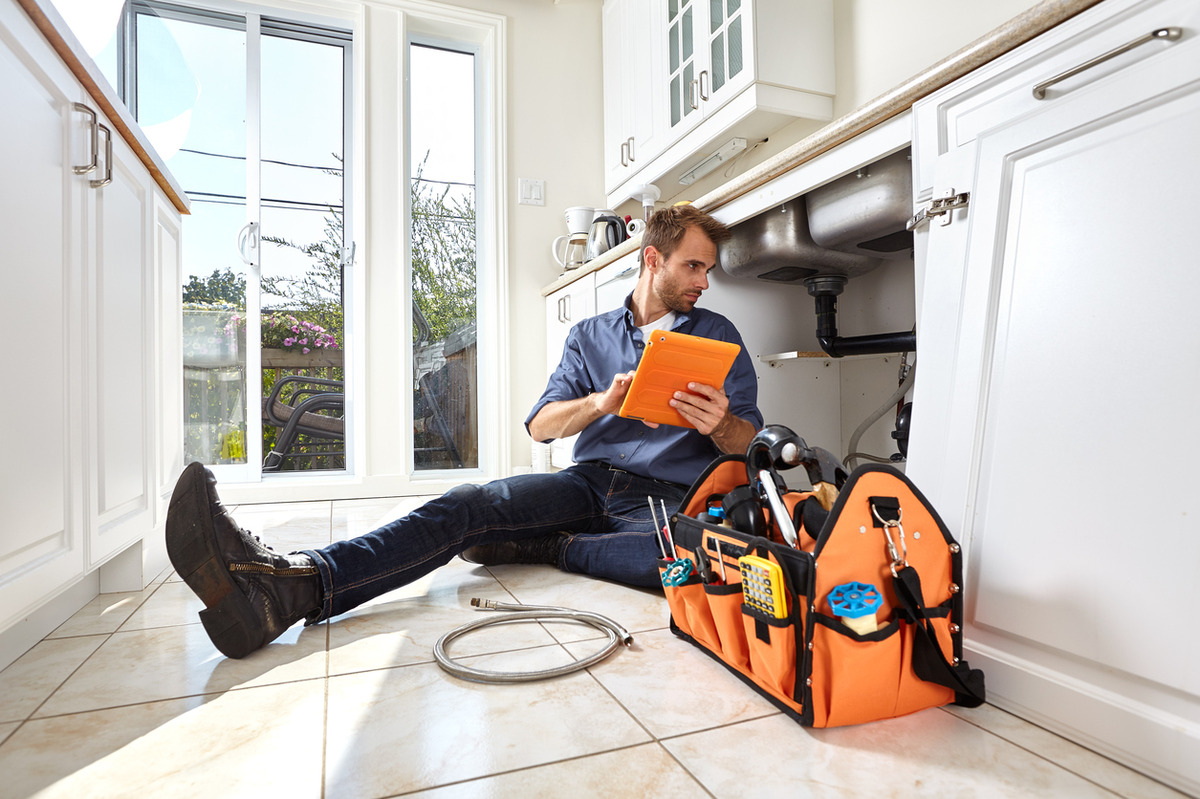

Building & Construction
What Does A Super Do In An Apartment Building
Modified: December 7, 2023
Learn the role of a super in an apartment building and understand their responsibilities in building construction. Explore the duties and importance of a super in maintaining a functional living environment.
(Many of the links in this article redirect to a specific reviewed product. Your purchase of these products through affiliate links helps to generate commission for Storables.com, at no extra cost. Learn more)
Introduction
When living in an apartment building, have you ever wondered who takes care of all the maintenance, repairs, and day-to-day operations? That’s where the super comes in. A super, short for superintendent, plays a crucial role in ensuring the smooth functioning and upkeep of an apartment building. From routine maintenance tasks to handling emergencies, they are the go-to person for both tenants and building management.
In this article, we will delve into the roles and responsibilities of a super in an apartment building, exploring the various tasks they undertake to ensure a safe and comfortable living environment for everyone. Whether you are a tenant curious about the inner workings of your building or simply interested in the field of building management, read on to discover the key duties of a super and the impact they have on the overall building operations.
Key Takeaways:
- Superintendents in apartment buildings play a crucial role in maintaining the safety and comfort of residents by overseeing routine maintenance, handling emergencies, and managing tenant requests, contributing to a vibrant living environment.
- From building security to administrative duties, superintendents possess a diverse skill set, including technical knowledge, interpersonal skills, and problem-solving abilities, making them indispensable in ensuring the smooth operation and success of apartment buildings.
Read more: What Does Super Alexa Mode Do
Routine Maintenance and Repairs
One of the primary responsibilities of a super is to oversee the routine maintenance and repairs of the building. This includes tasks such as inspecting plumbing systems, HVAC systems, and electrical wiring to identify any issues or potential hazards. The super is also responsible for ensuring that regular maintenance tasks, such as changing air filters, cleaning common areas, and maintaining the landscaping, are carried out promptly.
Building Security
Maintaining the security of the building is another crucial aspect of a super’s role. They are responsible for monitoring the building entrances, ensuring that only authorized individuals gain access to the premises. Superintendents may also install and maintain security systems, such as surveillance cameras and door access control systems, to enhance the safety of the building and its residents.
Managing Tenant Requests
Tenants often rely on the super for various requests, such as repairs, maintenance, and general inquiries. The super acts as the main point of contact for tenants, ensuring their needs are addressed in a timely manner. This may involve arranging for repairs, coordinating with contractors, or providing guidance on apartment features and amenities.
Handling Emergencies
In times of emergencies, such as power outages, plumbing leaks, or natural disasters, the super is responsible for taking immediate action. They must assess the situation, initiate necessary repairs or contact the appropriate professionals, and ensure the safety and well-being of the residents. The super serves as a critical link of communication between tenants and emergency services.
Supervising Building Staff
Superintendents also oversee the work of building staff, such as maintenance technicians, janitors, and security personnel. They assign duties, provide training and guidance, and ensure that staff members are performing their tasks effectively and efficiently. This helps maintain a well-functioning building and ensures that the needs of tenants are met.
With their wide range of responsibilities, superintendents play a vital role in ensuring that apartment buildings run smoothly and efficiently. From routine maintenance to emergency management and tenant communications, they contribute to creating a safe and comfortable living environment for all residents.
In the next sections, we will further explore the importance of building inspections and upkeep, tenant relations and communication, as well as administrative duties that fall under the purview of a super in an apartment building. Stay tuned to gain a comprehensive understanding of the diverse tasks carried out by these dedicated individuals.
Roles and Responsibilities of a Super
Superintendents in apartment buildings have a wide range of responsibilities that contribute to the smooth functioning and upkeep of the property. Let’s take a closer look at some of the key tasks they undertake:
Routine Maintenance and Repairs
One of the primary responsibilities of a super is to oversee the routine maintenance and repairs of the building. This includes conducting regular inspections to identify maintenance needs and ensure that everything is functioning properly. From checking plumbing systems and HVAC units to inspecting electrical wiring, a super must be vigilant in identifying any potential issues or hazards. They are responsible for promptly addressing and resolving maintenance and repair concerns to ensure the safety and comfort of the residents.
Building Security
Ensuring the security of the building and its residents is a top priority for a super. They are responsible for implementing and maintaining security measures, such as surveillance cameras, access control systems, and alarm systems. Superintendents monitor the entrances and common areas to prevent unauthorized access and ensure a safe environment. They may also coordinate with external security services to further enhance the building’s security measures.
Read more: What Is A Porter In An Apartment Building
Managing Tenant Requests
Tenants rely on the super to address their requests and concerns promptly. Whether it is a repair issue, a maintenance request, or a general inquiry, the super serves as the main point of contact for tenants. They must accurately assess the situation, communicate with the appropriate contractors or service providers, and ensure that the issue is resolved to the satisfaction of the tenant. Active and effective communication is key to building positive tenant relations and meeting their needs efficiently.
Handling Emergencies
In times of emergencies, the super plays a critical role in ensuring the safety and well-being of the residents. They must be prepared to respond swiftly and effectively to emergency situations such as power outages, plumbing leaks, or natural disasters. Superintendents assess the situation, mobilize necessary resources, coordinate with emergency services, and provide timely updates to the residents. Their ability to stay calm under pressure and take decisive action is crucial in mitigating potential risks and minimizing damage.
Supervising Building Staff
As part of their responsibilities, superintendents oversee the work of building staff members, including maintenance technicians, janitors, and security personnel. They assign duties, provide training and guidance, and ensure that all staff members are performing their tasks effectively and efficiently. Superintendents also establish and enforce protocols and standards to maintain a high level of service and ensure a well-maintained building for all residents.
In addition to these key responsibilities, a super may also assist with administrative duties such as record-keeping, managing the building budget, and coordinating with contractors and vendors.
With their diverse roles and responsibilities, superintendents play a crucial role in ensuring the smooth operation of apartment buildings. Their expertise, dedication, and attention to detail contribute to creating a safe and comfortable living environment for all residents.
Building Inspections and Upkeep
Building inspections and upkeep are essential aspects of a super’s responsibilities in maintaining the overall condition of the apartment building. Let’s explore the key components of this role:
Read more: How Do Apartment Building Boilers Work
Regular Inspections
Superintendents conduct regular inspections of the building to identify any maintenance issues or potential hazards. These inspections typically cover different areas of the building, including common areas, mechanical rooms, elevators, stairwells, and parking garages. By regularly assessing the condition of these areas, superintendents can identify maintenance needs, safety concerns, or areas that require repair or improvement.
During inspections, superintendents may check for signs of wear and tear, such as cracked walls or ceilings, loose handrails, or malfunctioning light fixtures. They also inspect plumbing systems, electrical panels, and HVAC units to ensure that they are in proper working condition. Regular inspections help to detect problems early on, allowing for timely repairs and maintenance to prevent further damage.
Preventive Maintenance
In addition to regular inspections, superintendents are responsible for implementing preventive maintenance programs. This involves scheduling routine maintenance tasks to ensure that building systems and equipment are functioning optimally. Preventive maintenance may include tasks such as cleaning and replacing air filters, lubricating mechanical components, inspecting and tuning up heating and cooling systems, and testing fire alarms and sprinkler systems.
By proactively addressing maintenance needs through preventive maintenance, superintendents can help extend the lifespan of building equipment and systems while minimizing the likelihood of unexpected breakdowns or emergencies. This also contributes to the overall comfort and safety of the residents.
Cleaning and Sanitation
Superintendents are often responsible for ensuring the cleanliness and sanitation of common areas within the apartment building. This includes areas such as lobbies, hallways, laundry rooms, and fitness centers. Regular cleaning ensures a pleasant and hygienic environment for residents and visitors.
Superintendents may coordinate with cleaning staff or perform cleaning tasks themselves, depending on the size of the building. They ensure that surfaces are properly sanitized, floors are swept and mopped, and garbage is regularly removed. Additionally, they may oversee the upkeep of outdoor areas, such as sidewalks, parking lots, and landscaping.
Maintaining a clean and well-maintained building not only enhances the appearance and ambiance for residents but also contributes to the overall satisfaction and sense of community within the apartment building.
In summary, building inspections and upkeep play a crucial role in the responsibilities of a super. Regular inspections help identify maintenance needs and potential hazards, while preventive maintenance programs ensure the optimal functioning of building systems. Additionally, cleanliness and sanitation contribute to the overall well-being and satisfaction of residents. Through diligent and proactive approaches, superintendents contribute significantly to maintaining a safe and pleasant living environment for everyone in the apartment building.
Tenant Relations and Communication
Tenant relations and effective communication are vital aspects of a super’s role. Building positive relationships with tenants and ensuring open lines of communication contributes to a harmonious living environment. Let’s explore the key components of this responsibility:
Read more: How Do You Buy An Apartment Building
Addressing Complaints and Concerns
Superintendents serve as the primary point of contact for tenants when they have complaints, concerns, or maintenance requests. They must listen attentively to tenant issues, assess the situation, and take appropriate action to resolve the problem. This may involve coordinating repairs, scheduling maintenance visits, or arranging for external service providers.
By promptly addressing tenant complaints and concerns, superintendents demonstrate their commitment to maintaining resident satisfaction and ensuring a comfortable living experience. Clear and effective communication plays a crucial role in addressing these matters in a timely and satisfactory manner.
Providing Information and Assistance
Tenants often rely on superintendents for various types of information and assistance. This may include clarification on building policies, procedures, or resident guidelines, as well as assistance with building amenities or services. Superintendents play an important role in helping tenants navigate the building, ensuring they are aware of the available resources and facilitating access to necessary information.
Whether it’s providing directions, recommendations for local services, or answering general inquiries, superintendents strive to be helpful and responsive, fostering a positive tenant experience within the building.
Enforcing Rules and Regulations
Superintendents are responsible for enforcing building rules and regulations. This involves ensuring that tenants adhere to established guidelines to maintain a peaceful and respectful living environment. Superintendents must communicate and clearly articulate these rules to tenants, emphasizing the importance of compliance for the benefit of everyone within the building community.
In case of non-compliance, superintendents may follow appropriate protocols to address and resolve the issue. This may involve issuing warnings, documenting violations, or involving building management or legal authorities if necessary. By enforcing rules and regulations fairly and consistently, superintendents help foster a sense of order and mutual respect among tenants.
Resolving Tenant Conflicts
Conflict resolution is a critical aspect of tenant relations. Superintendents may be called upon to mediate and resolve disputes between tenants. This could include neighbor disputes, noise complaints, or disagreements over shared amenities. Superintendents must listen to both parties involved, remain impartial, and work towards finding a mutually agreeable solution.
Resolving conflicts requires effective communication, active listening, and problem-solving skills. Superintendents must handle these situations professionally and tactfully, aiming to maintain a harmonious living environment for all residents.
In summary, tenant relations and communication are integral to the responsibilities of a super. By addressing complaints and concerns, providing information and assistance, enforcing rules and regulations, and resolving conflicts, superintendents play a crucial role in fostering positive tenant experiences and promoting a sense of community within the apartment building.
Read more: How Much Does Apartment Building Cost
Administrative Duties
In addition to their hands-on responsibilities in maintaining the physical aspects of an apartment building, superintendents also have important administrative duties. These duties involve various aspects of record-keeping, budget management, and coordination with contractors and vendors. Let’s explore these responsibilities further:
Record-keeping and Documentation
Superintendents are responsible for maintaining accurate records and documentation related to the apartment building’s operations. This includes keeping track of maintenance and repair requests, recording details of inspections and preventive maintenance tasks, and documenting any interactions with tenants.
By maintaining detailed records, superintendents can track the history of maintenance issues, identify patterns, and ensure that all necessary documentation is readily available when needed. These records are valuable for future reference, tracking expenses, and providing transparency in building management.
Managing Building Budget
Superintendents are often involved in managing the building budget, working closely with building management or property owners. They help develop and monitor the budget allocated for maintenance, repairs, and building upgrades. This may involve forecasting expenses, tracking costs, and ensuring that expenditures are within the allocated budget.
Effective budget management requires superintendents to prioritize maintenance needs and make informed decisions regarding expenses. They must strike a balance between maintaining the building’s functionality and keeping costs in check, ensuring efficient use of resources.
Coordinating with Contractors and Vendors
Superintendents often work closely with contractors and vendors to ensure the completion of maintenance and repair tasks. This involves soliciting bids from contractors, assessing their qualifications and prices, and selecting the most suitable service providers for the job. Superintendents coordinate the scheduling of repairs or projects and oversee the work to ensure its quality and timely completion.
Additionally, in their role as the main point of contact for tenants, superintendents may assist residents in coordinating services such as repairs, pest control, or other specialized vendor services. They maintain strong relationships with vendors to ensure reliable and timely service delivery.
The ability to effectively communicate and form partnerships with contractors and vendors is crucial for superintendents to ensure the smooth operation of the building and the satisfaction of tenants.
In summary, administrative duties form an important part of a superintendent’s responsibilities. By maintaining meticulous records and documentation, managing the building budget, and coordinating with contractors and vendors, superintendents contribute to the efficient operation and financial stability of the apartment building. These tasks require attention to detail, organizational skills, and effective communication, enhancing the overall management of the property.
Conclusion
In conclusion, the role of a superintendent in an apartment building is multi-faceted and essential to the overall functioning and upkeep of the property. Superintendents oversee a wide range of responsibilities that encompass maintenance and repairs, building security, tenant relations and communication, administrative duties, and more.
Routine maintenance and repairs are critical to ensuring that the building remains in good condition. Superintendents conduct regular inspections, address maintenance concerns promptly, and implement preventive maintenance measures to prevent potential issues from escalating.
Building security is another key responsibility of superintendents. They implement security measures, monitor access points, and coordinate with external security services to keep the residents safe and secure.
Superintendents play a vital role in managing tenant requests, addressing complaints, and maintaining effective communication. By promptly addressing concerns and providing assistance, they contribute to a positive tenant experience and a harmonious living environment.
Enforcing rules and regulations helps maintain order and a sense of community within the building. Superintendents ensure that tenants adhere to established guidelines, resolving conflicts and mediating disputes when necessary.
Administrative duties, including record-keeping, managing the building budget, and coordinating with contractors and vendors, contribute to efficient operations and financial stability.
Collectively, these responsibilities require superintendents to possess a diverse skill set, such as technical knowledge, interpersonal skills, problem-solving abilities, and effective communication. Their dedication, attention to detail, and ability to handle various tasks make them a crucial asset to apartment buildings.
Superintendents play an integral role in ensuring the well-being and satisfaction of the residents. Their efforts contribute to creating a safe, comfortable, and well-maintained living environment that residents can call home.
Whether it’s addressing maintenance concerns, enforcing rules, or providing assistance, the roles and responsibilities of a superintendent are central to the smooth operation of an apartment building. Their dedication to their duties fosters a sense of community, enhances tenant satisfaction, and contributes to the overall success of the property.
In conclusion, superintendents are the unsung heroes behind the scenes, working tirelessly to ensure that apartment buildings are not just structures but vibrant communities where residents can thrive.
Frequently Asked Questions about What Does A Super Do In An Apartment Building
Was this page helpful?
At Storables.com, we guarantee accurate and reliable information. Our content, validated by Expert Board Contributors, is crafted following stringent Editorial Policies. We're committed to providing you with well-researched, expert-backed insights for all your informational needs.
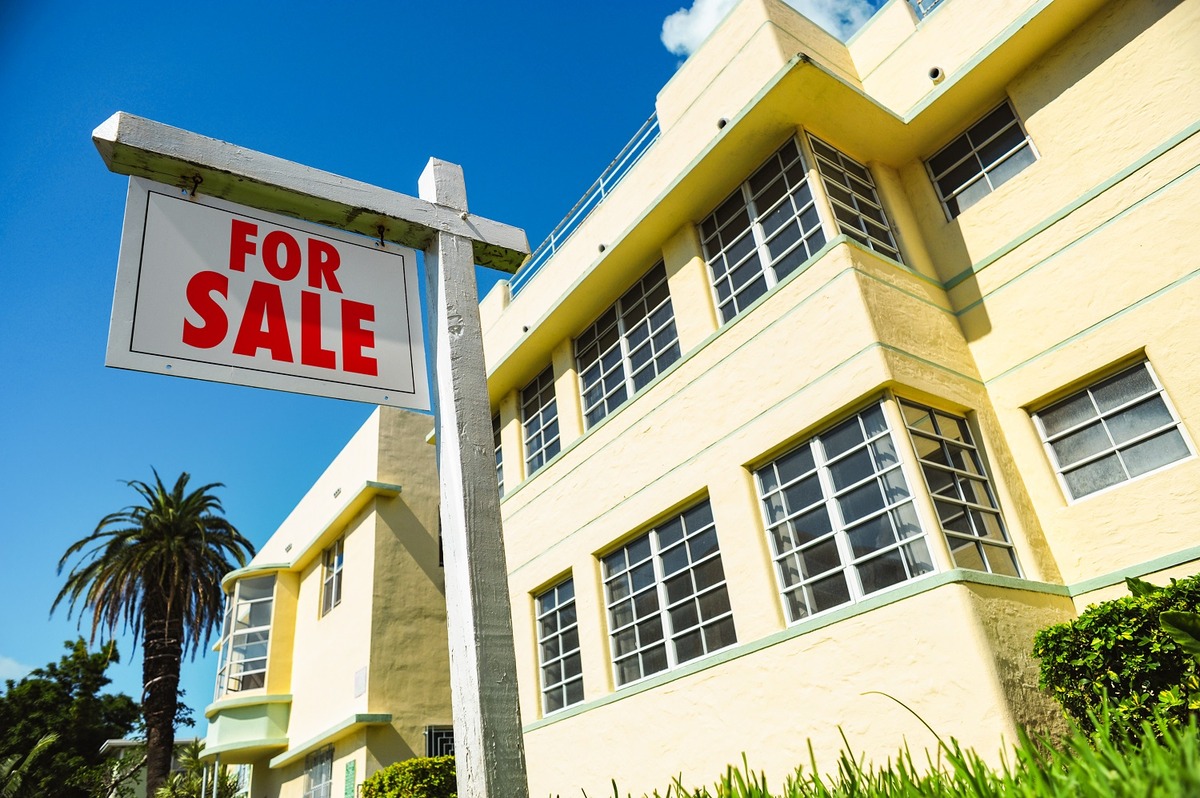
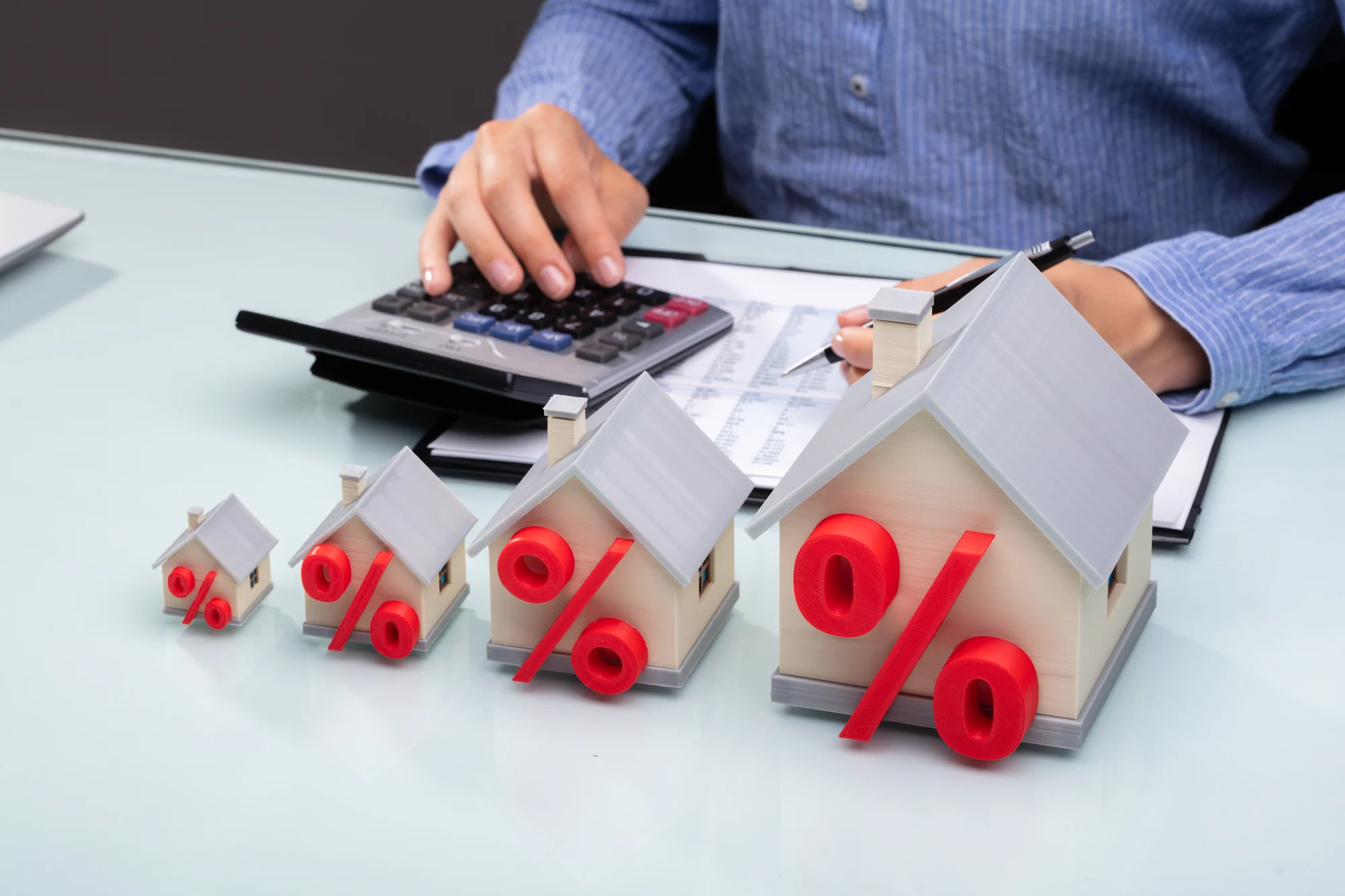
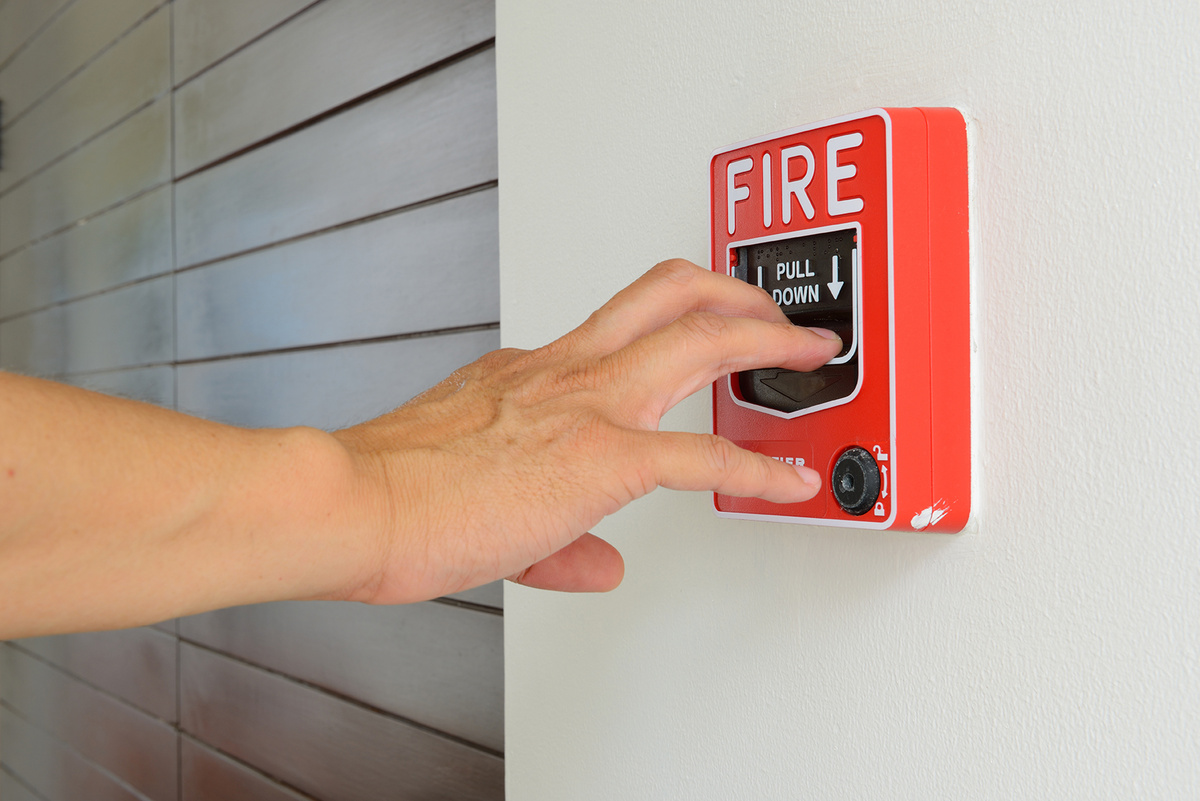
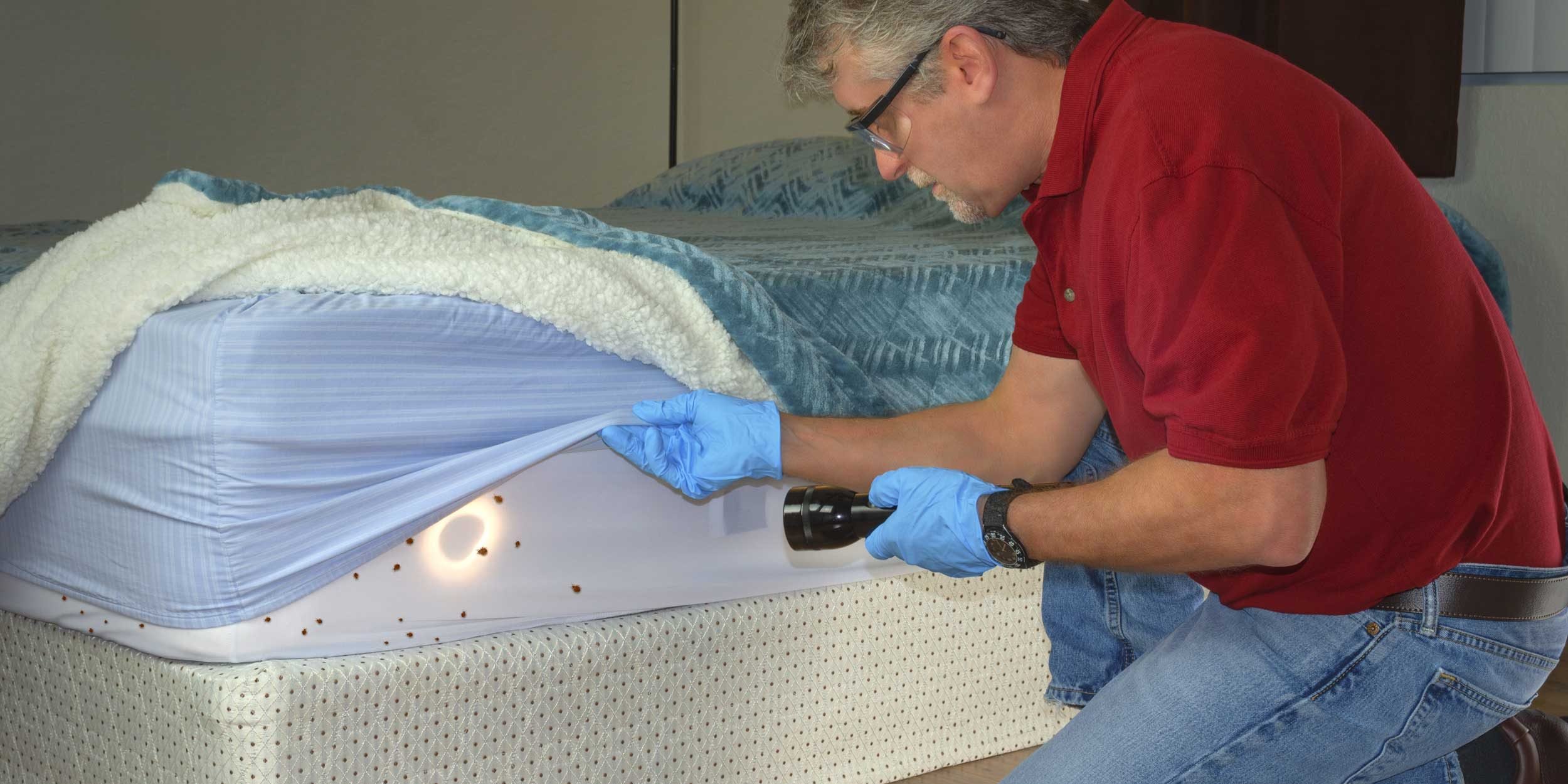
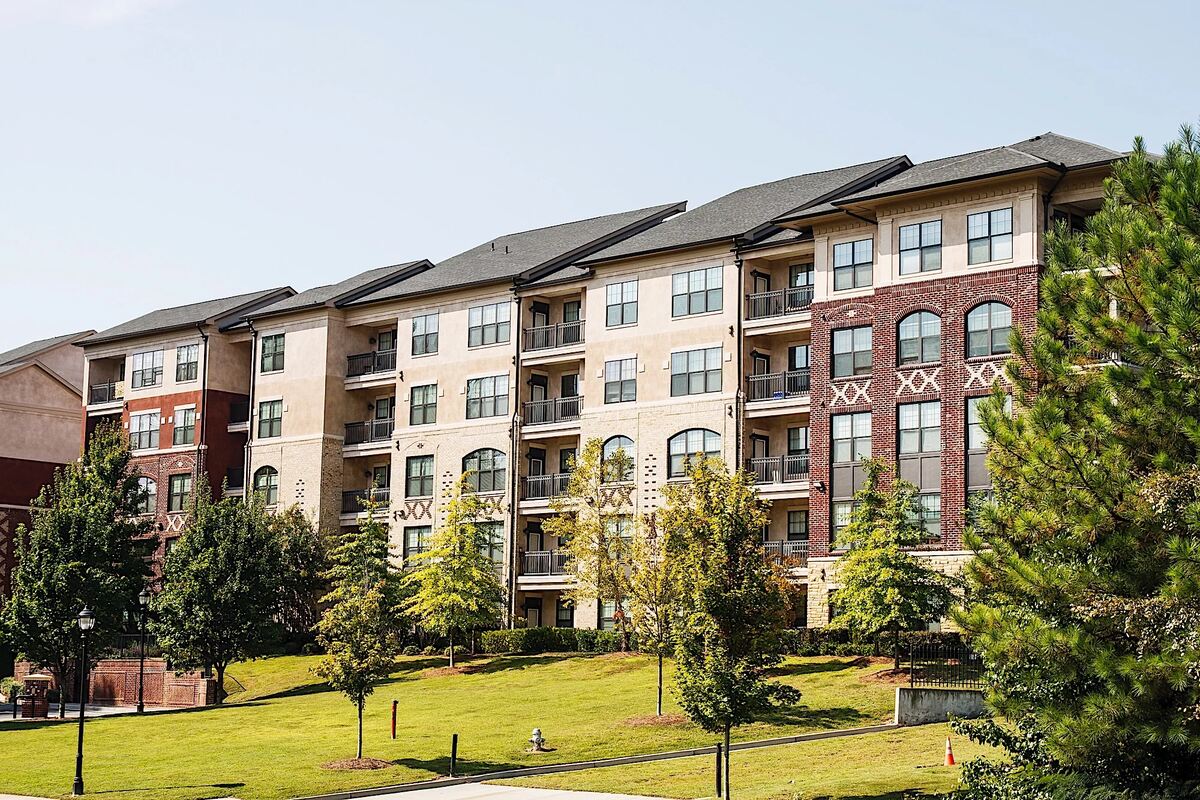
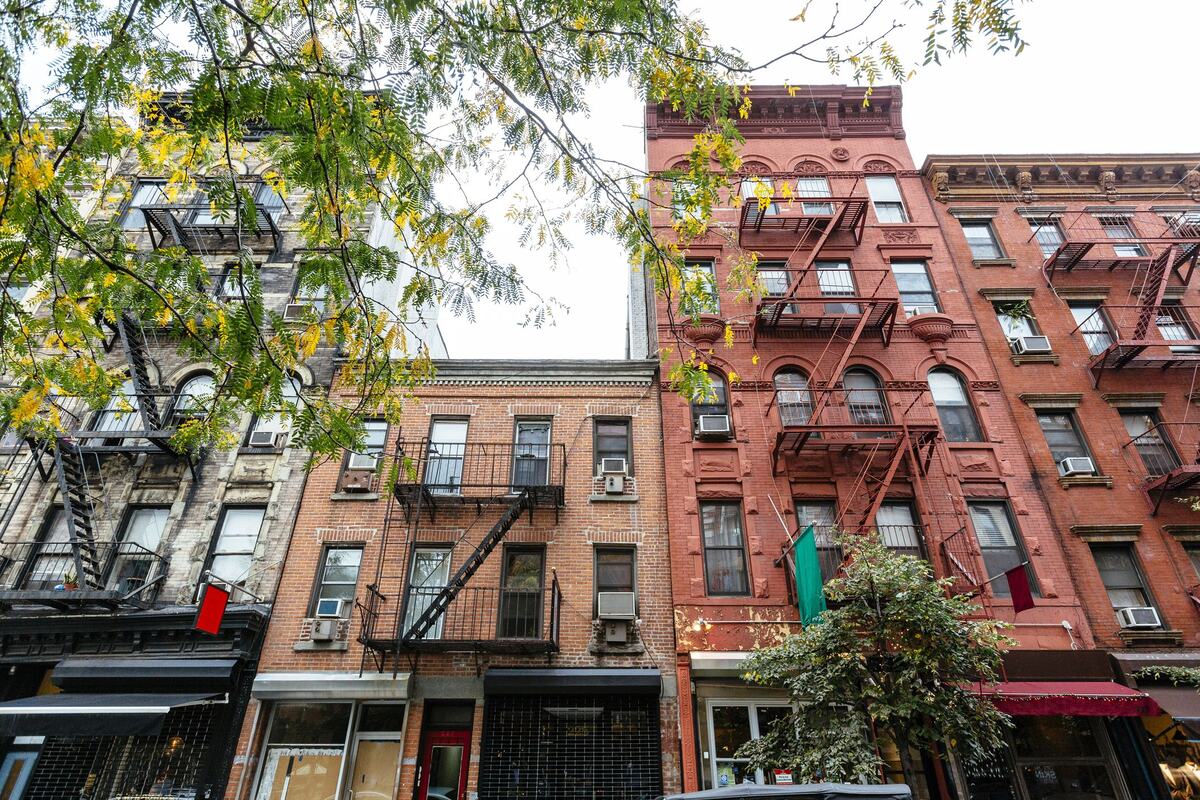
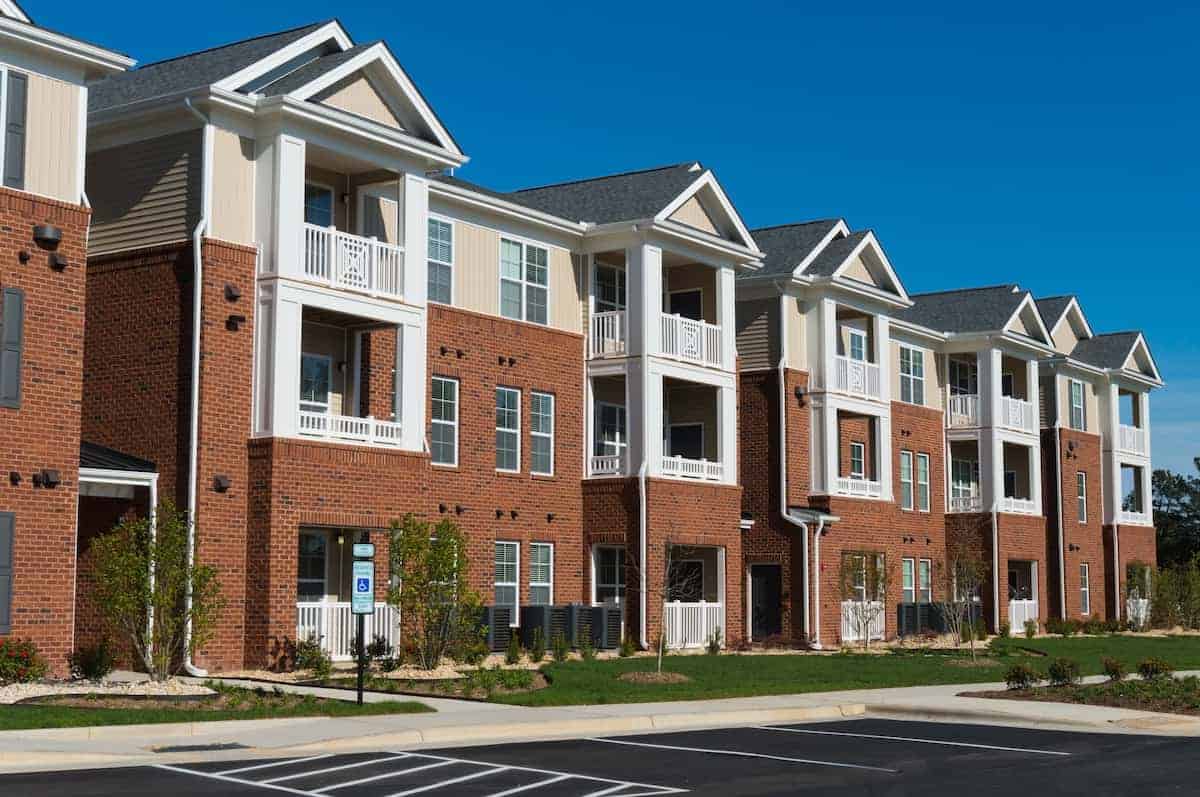
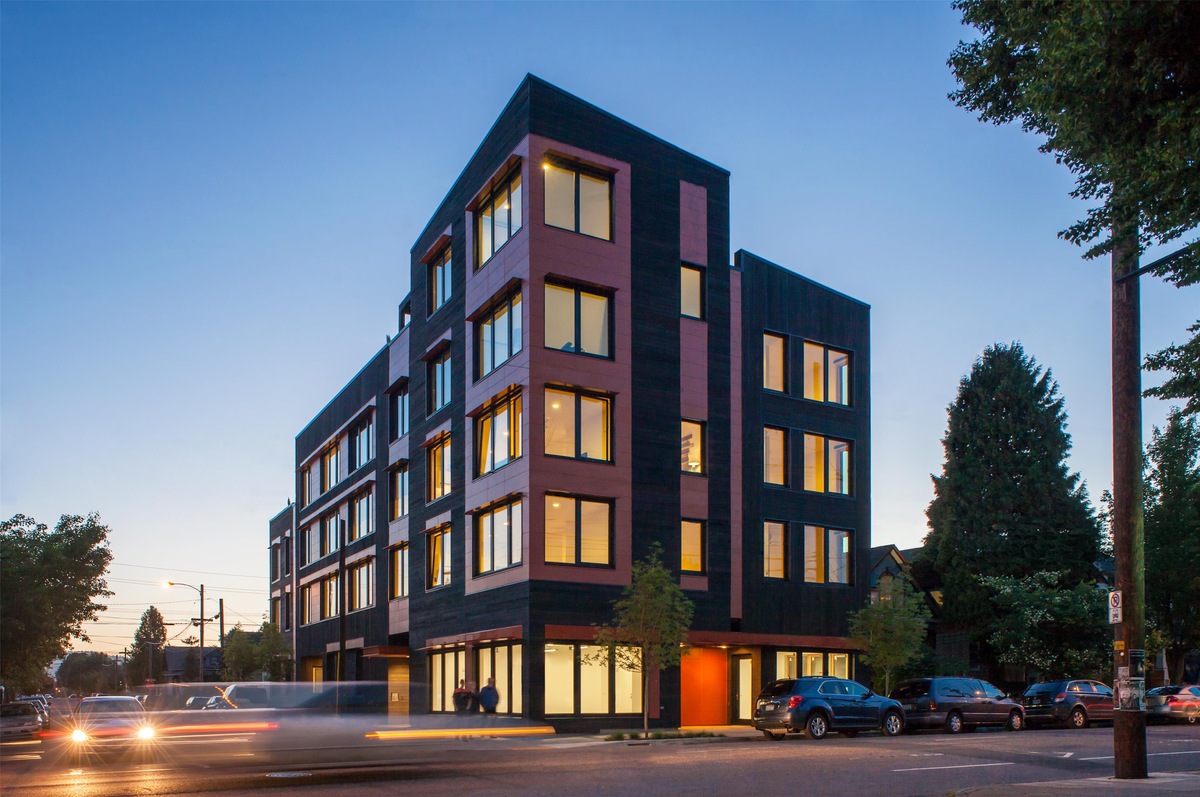
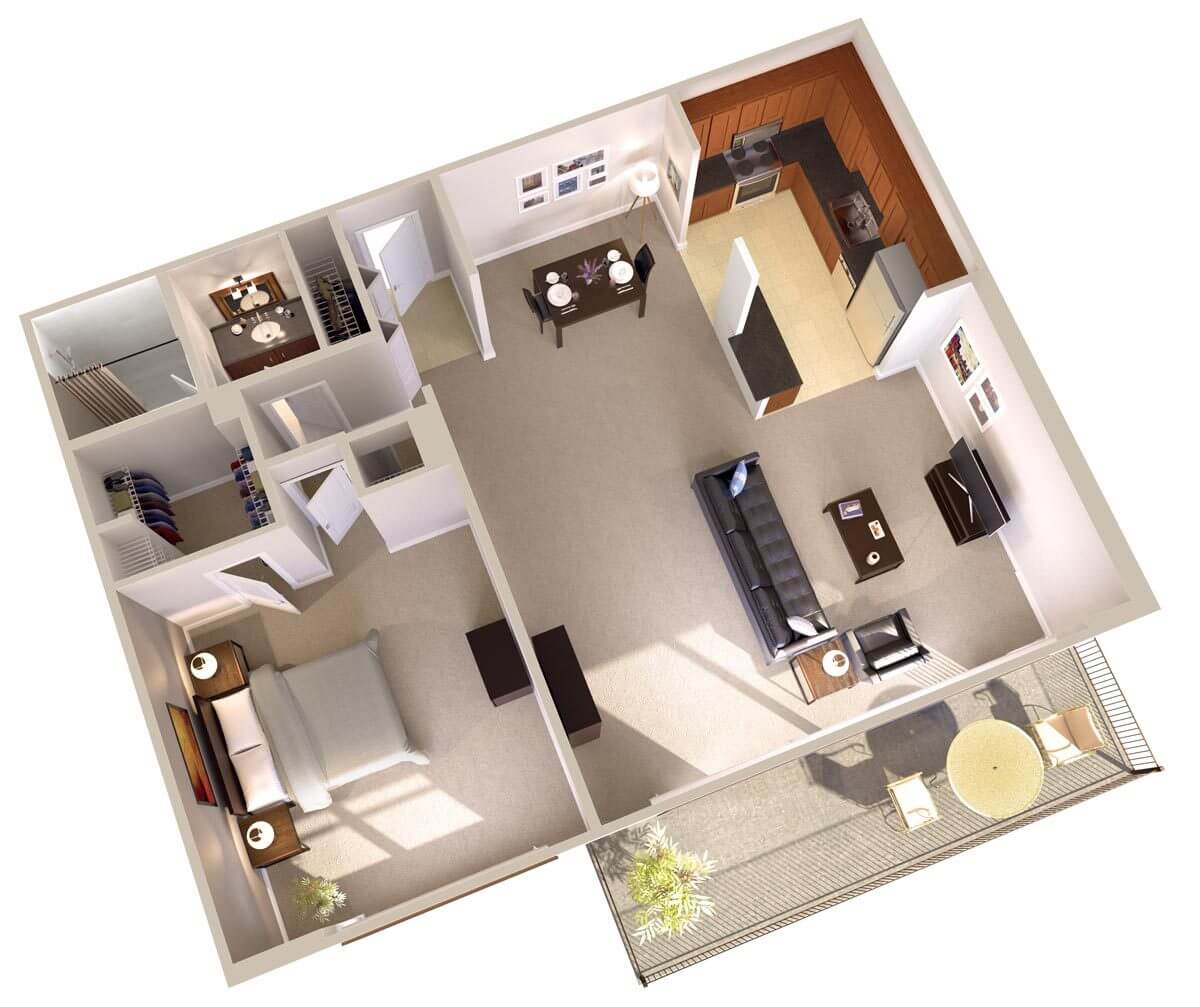

0 thoughts on “What Does A Super Do In An Apartment Building”